
Thus far, no steps have been taken that would indicate a change in direction other than reports in an Urdu daily by a Rawalpindi-based reporter; but these are believed to be feelers, planted to gauge public reaction to possibly extending the current chief minister’s tenure. Senior leaders of the NP have confirmed that Dr Baloch has not been informed about any possible extension of his tenure nor has he any knowledge of any change in strategy on the part of the federal government. There are several reasons that have forced the PML-N into reviewing the Murree agreement. While the PML-N secured more seats in Balochistan in the 2013 general elections than any other party and while its Balochistan chapter did not enjoy very good relations with the NP, its central leadership had a good understanding with Dr Baloch and Hasil Bizenjo. Therefore, it let the nationalist NP and PkMAP take the lead in forming the government, with the main aim of improving conditions in militancy-stricken Balochistan.
Despite being in government in the past, nationalist parties have been quite open about criticising the military’s and the federal government’s role in Balochistan. However, for the first time in the province’s history, we saw the chief minister, belonging to a nationalist party, highlighting the positive role of the military and openly saying that it is on the same page as the provincial government. The Balochistan government has also been credited for the decline in sectarian violence, targeted killings and kidnappings. The data provided by the provincial Home Department shows a 50 to 60 per cent decline in such incidents. These statistics are also shared by the Department of Home and Tribal Affairs, Islamabad. People in Balochistan can trust these statistics as they can see a genuine improvement in the law and order situation on the ground in districts like Quetta and Khuzdar. The central civil and military leaderships are happy with a non-tribal ‘middle class’ chief minister. While the Hazara community continues to face serious difficulties, it has also shown its support for Dr Baloch’s government. However, his hometown of Turbat, the base of the ruling NP, has not enjoyed as much improvement as the rest of the province. Similarly, the challenge posed by the missing persons issue remains unresolved.
The notion of a minority party running a province is unconventional, yet the tense conditions of Balochistan necessitated it to be so, as the priority was to bring about stability by all means. Back in 1997 as well, the Nawaz Sharif government had designated the rule of the province to Sardar Akhtar Mengal, whose party did not have a majority in the assembly; however, that government could hardly survive 18 months in power and the PML-N was blamed for its dismissal.
Fast-forward to 2015, the PML-N has been forced to contemplate that a change in guard might prove to be counter-productive if the next chief minister is unable to deliver. On the other hand, an extension in the current chief minister’s tenure would wreak discontent in the PML-N’s Balochistan chapter, as it is desperately waiting to take the reins. The PML-N will also have to take into account the fact that Dr Baloch enjoys the goodwill of the military.
In the past, Balochistan has been ruled by coalition governments comprising tribal figures. Such a power structure only served to obstruct development in the province. The 2013 general elections marked an increased support base for the NP, based on the individual support of candidates in their respective areas as opposed to party allegiance. The federal government is treading on eggshells in this matter — whatever it decides. Therefore, its strategy will have to be carefully thought through, with attention to detail.
Published in The Express Tribune, November 24th, 2015.
Like Opinion & Editorial on Facebook, follow @ETOpEd on Twitter to receive all updates on all our daily pieces.















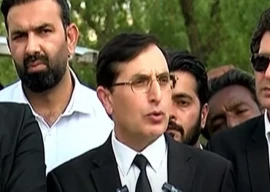
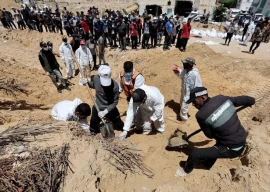
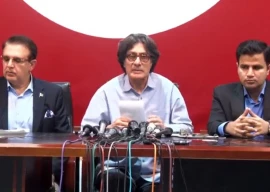
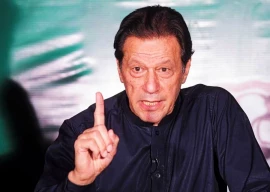
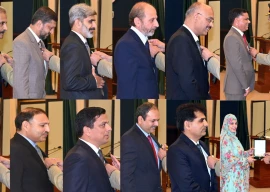











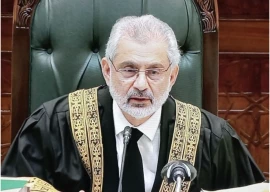







COMMENTS
Comments are moderated and generally will be posted if they are on-topic and not abusive.
For more information, please see our Comments FAQ